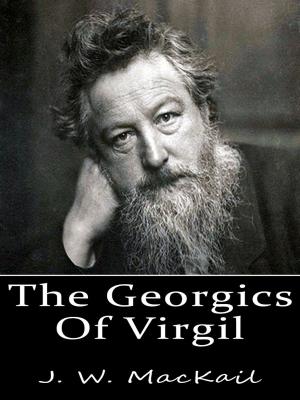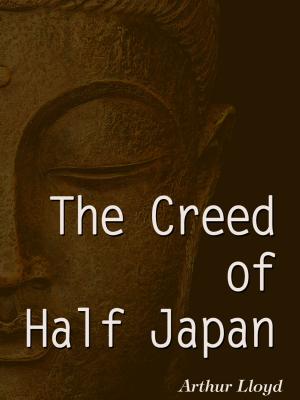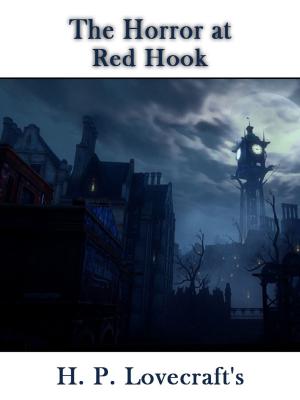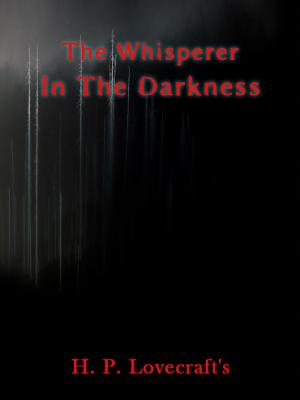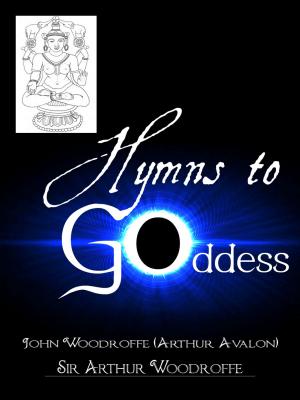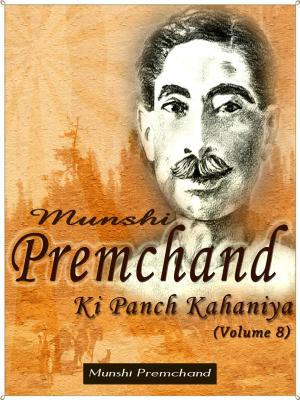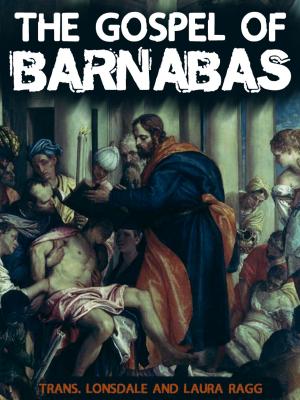The Kasidah Of Haji Abdu El-Yezdi
Nonfiction, Science & Nature, Science, Earth Sciences, Fiction & Literature, Classics| Author: | Sir Richard Burton | ISBN: | 1230000097952 |
| Publisher: | AppsPublisher | Publication: | January 9, 2013 |
| Imprint: | Language: | English |
| Author: | Sir Richard Burton |
| ISBN: | 1230000097952 |
| Publisher: | AppsPublisher |
| Publication: | January 9, 2013 |
| Imprint: | |
| Language: | English |
The Kasidah Of Haji Abdul El-Yezdi
by Sir Richard Burton
"This was written by Sir Richard Burton under the pseudonym of Haji Abdu El-Yezdi after his return from Mecca in 1854. Observant readers will note that the Kasidah contains many references to 19th Century scientific and philosophical concepts, most notably the evolution of species. Nonetheless, it is a Sufi text to the core, and one of the few instances of Burton writing in the first person about his belief system, albeit under the cloak of pseudonymity. According to the Oxford English Dictionary, a Kasidah is a classical Arabic or Persian panegyric, which must begin with a reference to a forsaken campground, followed by a lament, and a prayer to ones comrades to halt while the memory of the departed dwellers is invoked. The same rhyme has to run through the entire composition, not matter how long the poem is."
The Kasidah Of Haji Abdul El-Yezdi
by Sir Richard Burton
"This was written by Sir Richard Burton under the pseudonym of Haji Abdu El-Yezdi after his return from Mecca in 1854. Observant readers will note that the Kasidah contains many references to 19th Century scientific and philosophical concepts, most notably the evolution of species. Nonetheless, it is a Sufi text to the core, and one of the few instances of Burton writing in the first person about his belief system, albeit under the cloak of pseudonymity. According to the Oxford English Dictionary, a Kasidah is a classical Arabic or Persian panegyric, which must begin with a reference to a forsaken campground, followed by a lament, and a prayer to ones comrades to halt while the memory of the departed dwellers is invoked. The same rhyme has to run through the entire composition, not matter how long the poem is."

